Publications
Articles, publications, books, tools and multimedia features from the U.S. Institute of Peace provide the latest news, analysis, research findings, practitioner guides and reports, all related to the conflict zones and issues that are at the center of the Institute’s work to prevent and reduce violent conflict.
Question And Answer
Amid a Changing Global Order, NATO Looks East
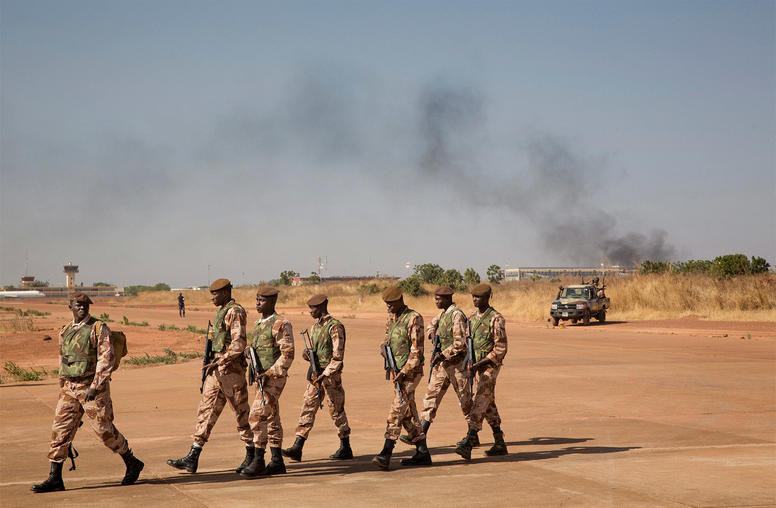
Five Things to Know About Mali’s Coup
On August 18, rising tensions to boiled over into a mutiny, leading to the resignation of President Ibrahim Boubacar Keita. This dramatic chain of events followed three months of protests, calling for Keita’s resignation. As the country grapples with an intractable insurgency and eight years of instability, anger over the government’s failure to resolve conflict, respect democratic norms, and provide basic services pushed citizens and the military to their boiling point. What comes next in Mali over the coming months could have significant implications for the country’s democracy and on the stability of the Sahel.
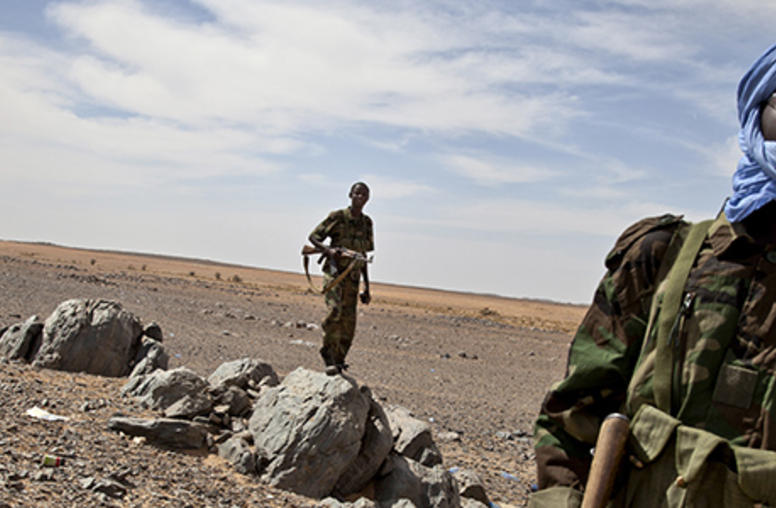
Q&A: The Siege in Mali
As militant gunmen seize a hotel in the capital of the West African state of Mali, U.S. Institute of Peace Program Specialist Emily Fornof offers context for the incident. Fornof served as a Peace Corps volunteer in Mali, and is conducting graduate research on the country’s conflicts at George Mason University.
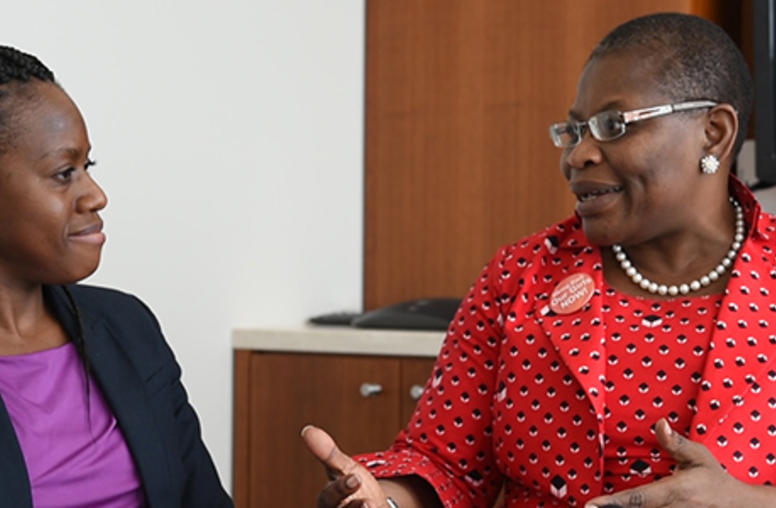
Nigeria, On Cusp of Buhari Inauguration, Finds Voice, Activist Says
As Nigeria prepares to swear in President-elect Muhammadu Buhari this week, former Cabinet Minister Obiageli Ezekwesili says the new leader will need to “stop being a candidate…and reconcile the entire country.” Nigerian citizens will no longer idly wait for their government to take action, but will demand more accountability, she said in a videotaped interview with USIP Program Officer Oge Onubogu.
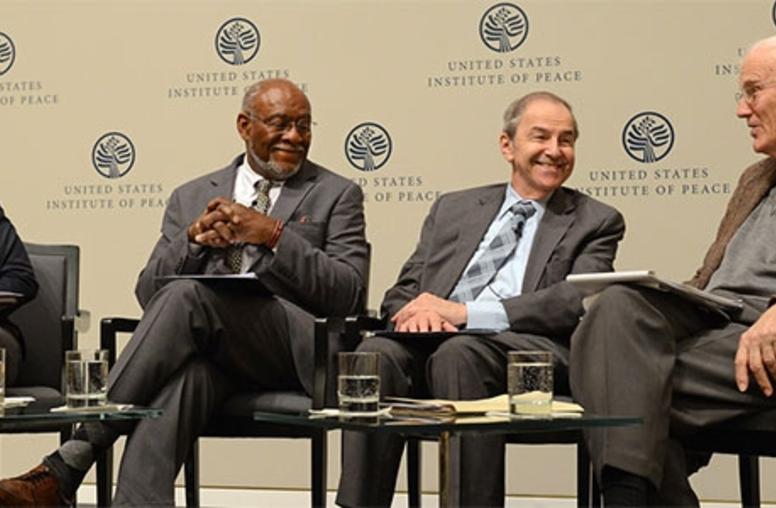
Democratic Vote Offers Nigeria a Chance to Rebuild, and to Lead Africa
Last week’s historic Nigerian election result—a first-ever, prospective peaceful transfer of power between civilian political opponents—could strengthen democratization efforts across Africa, according to analysts convened by the U.S. Institute of Peace. And it opens new prospects for the continent’s demographic and economic giant to strengthen governance, clean up corruption, and reverse the spread of the Boko Haram insurgency. The U.S. administration should show support for President-elect ...
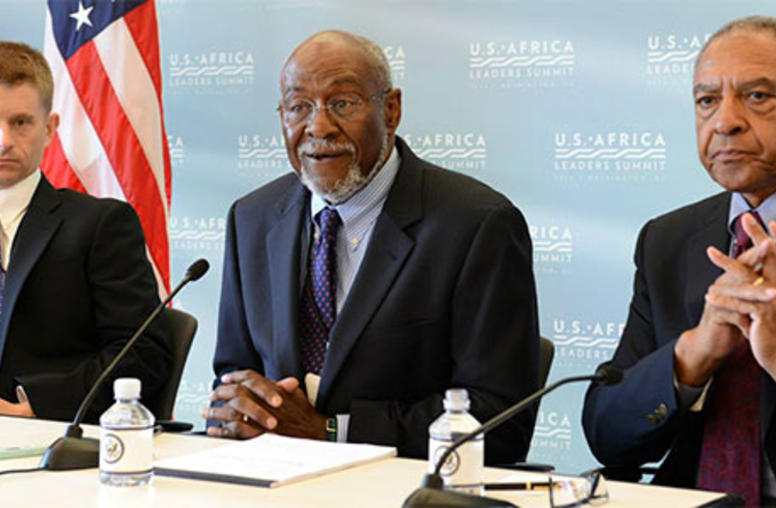
How to Gauge Africa Summit Success? Updated, Realistic Perceptions
President Barack Obama’s U.S.-Africa Leaders Summit will be a success to the extent that it updates the perception of Africa’s economic, political and social potential without underestimating the remaining problems of violence, dictatorship and corruption, according to two former assistant secretaries of state for African Affairs.
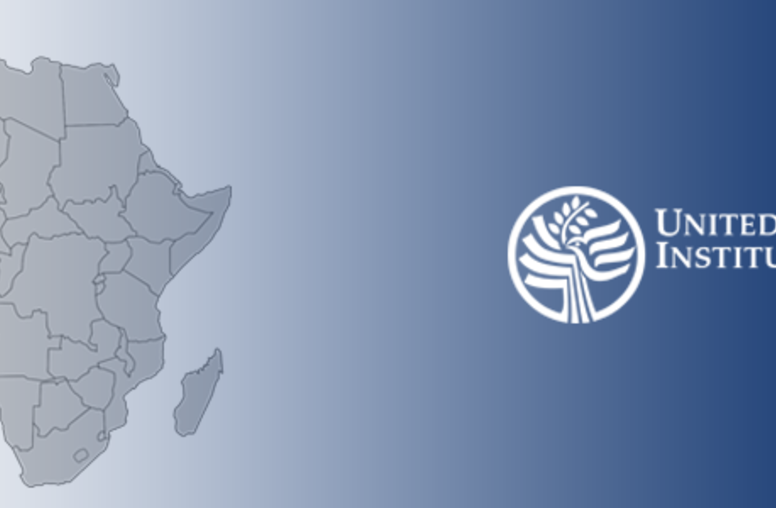
USIP: Summit Resources on Africa
What is Boko Haram and why are youths in Nigeria so drawn to it? What’s happening behind the headlines of war in South Sudan? In Libya? And what IS CVE (Countering Violent Extremism)? The probing research and on-the-ground action of the experts, partners and grantees of the U.S. Institute of Peace can help answer those questions and many more likely to arise during this first-ever U.S.-Africa Leaders Summit in Washington D.C. USIP has worked in Africa for years, and its staff has decades of e...
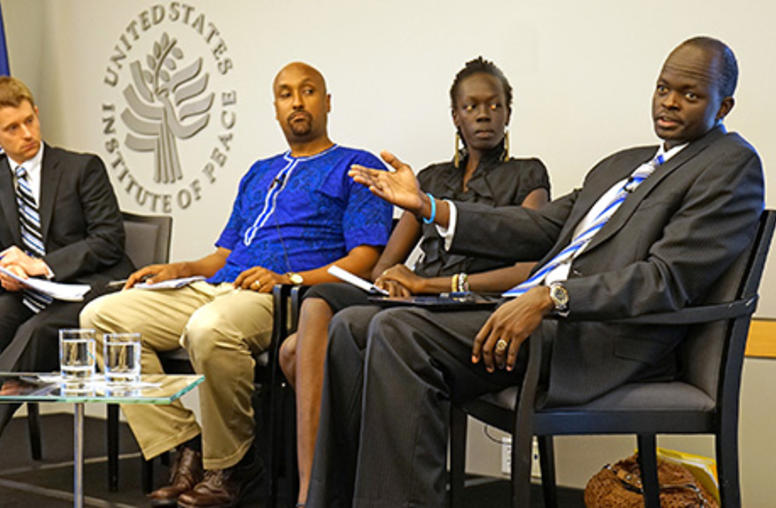
South Sudan Activists Call for Civil Society Role in Peace Process
The May 9 peace deal for South Sudan, signed between President Salva Kiir and former Vice President Riek Machar, has already been violated. But there is an important upside to the agreement: it calls for including civil society in the peace process. Three South Sudanese civic leaders discussed civil society’s role in the peace process at USIP with Jon Temin, the Institute’s director of Africa programs.
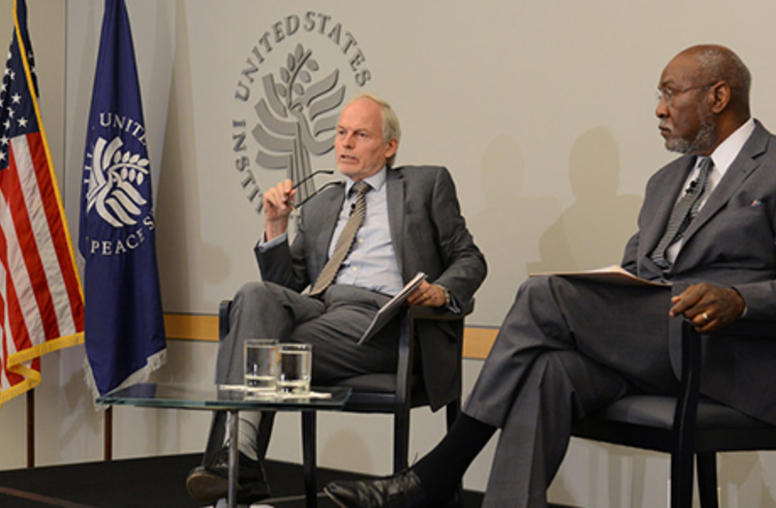
U.N. Envoy Warns Somalia Progress Is In Peril without Stalwart Support
United Nations Special Representative Nicholas Kay warned that the significant progress Somalia has made in the past two years could be in peril if the international community does not remain engaged and fails to continue humanitarian aid and support for African Union peacekeepers.